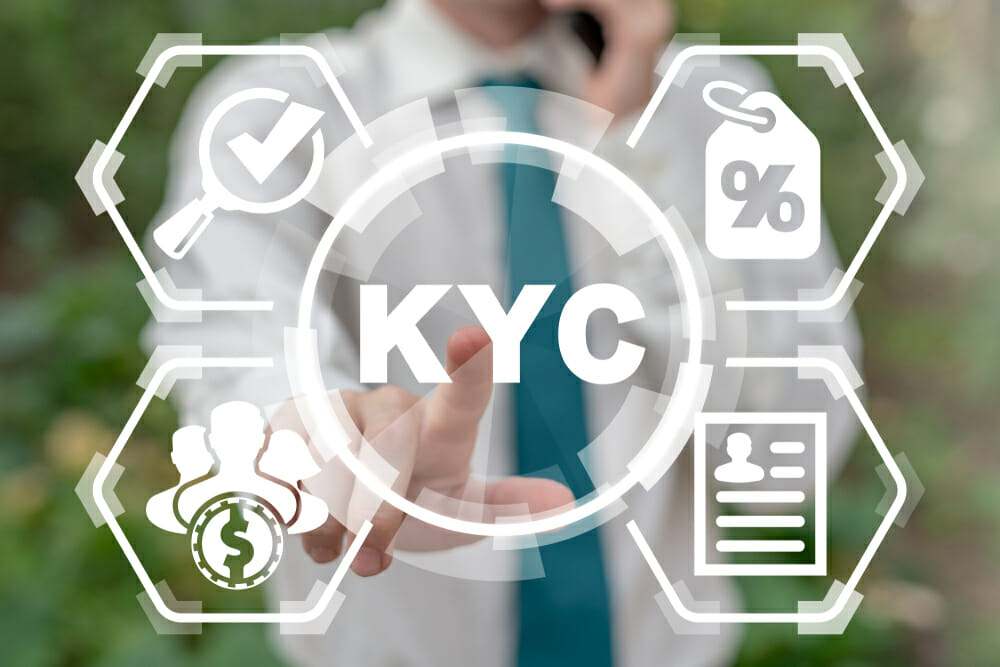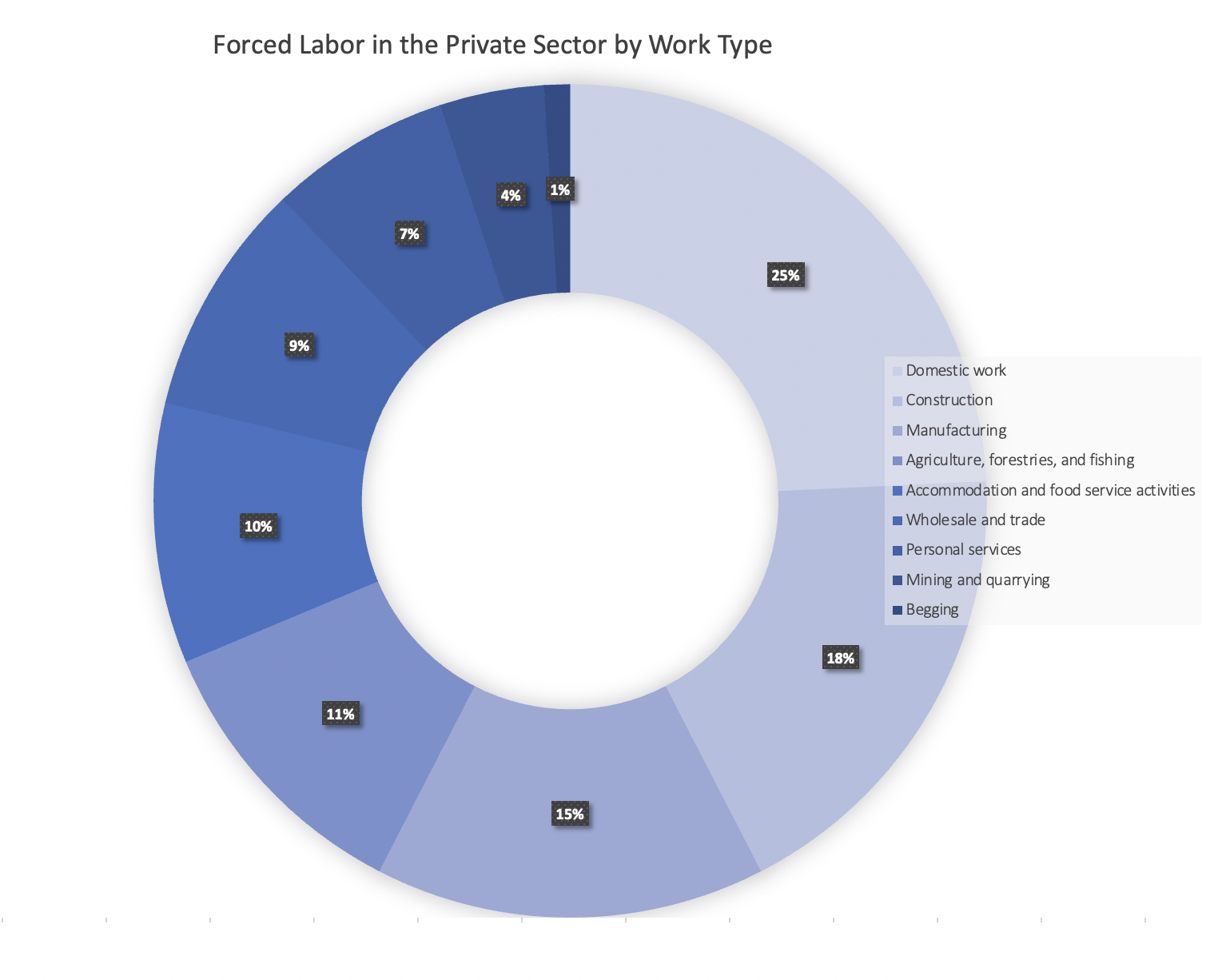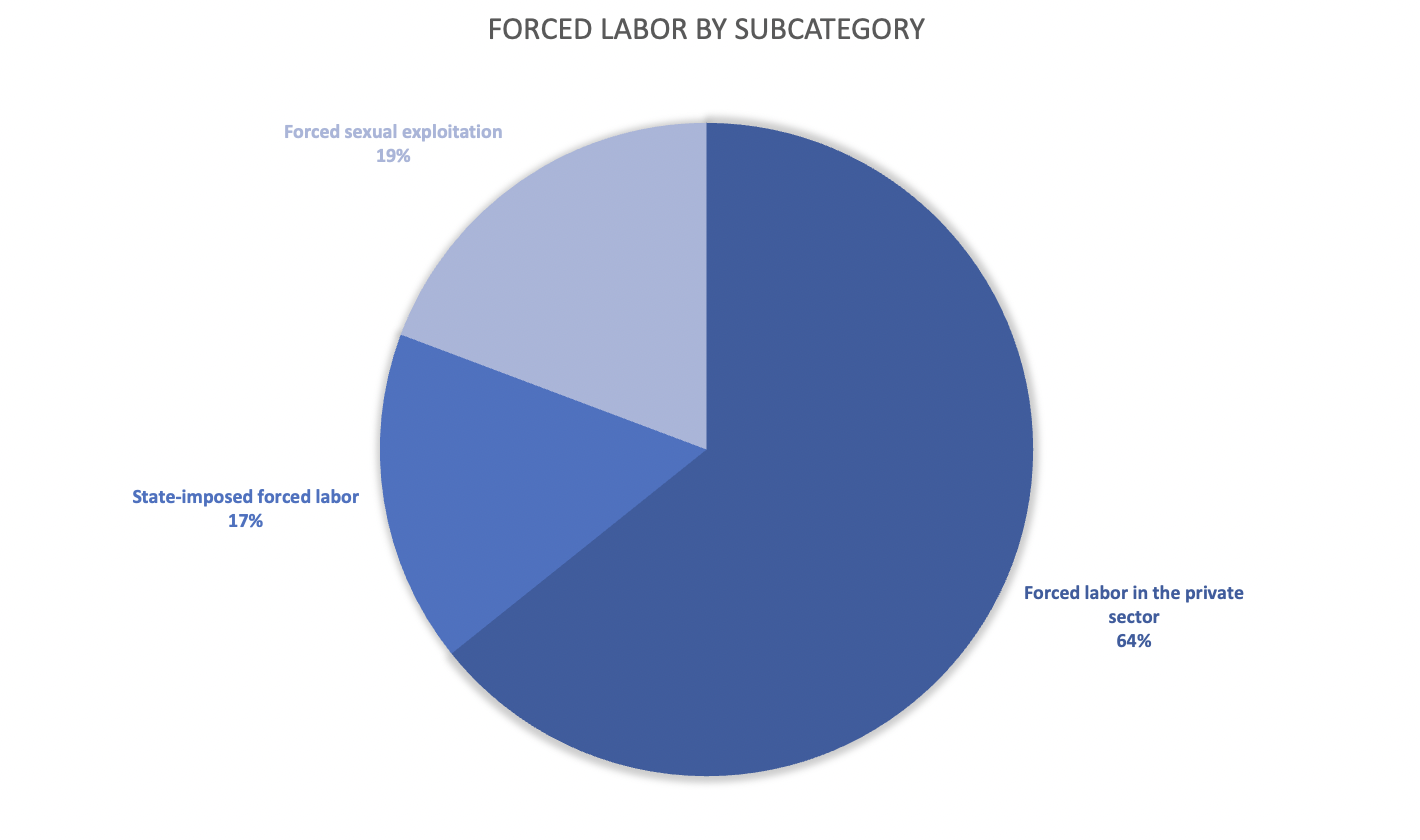The landscape of Know Your Customer (KYC) and Anti-Money Laundering (AML) is continuously evolving, driven by technological advancements and changing regulatory requirements. This article explores the future of KYC and AML in...

KYC for Banking – Made Simple with iComply
KYC for Banking – Made Simple with iComply
Is your banking institution set up for success and compliance in 2023?
With the financial and digital asset markets experiencing a tumultuous time after the extreme fluctuations faced during the peak of COVID-19, there’s never been a more important time to double down on your Know Your Customer (KYC) and Anti-Money Laundering (AML) protocols to ensure your organization is adequately prepared to face evolving legislation and overcome the risks associated with criminal activity.
2023 is expected to bring an increased focus on the importance of KYC efforts. As a result, banks need to be ready to pivot when needed to avoid being left behind or being found to be non-compliant with jurisdictional standards.
At iComply, we know the value of staying on top of KYC standards and are proud to partner with leaders in the finance, banking, and related securities-focused industries to provide world-leading Know Your Customer (KYC) technology. We know AML and KYC play an integral role in helping to dismantle criminal networks across the globe; our goal is to deliver a modular suite of digital KYC solutions that upholds the latest standards to keep you and your clients safe.
Below, we’ll take a closer look at some of the core basics of KYC practices within the banking industry, and why it’s integral to partner with an automated software provider you know you can trust.
A Strong Foundation: KYC Fundamentals
It comes as little surprise that the banking and financial sectors are a primary target for criminals globally. The staunch increase in financial and cybercrimes has led to them becoming a predominant source of concern amongst global legislators, and financial fraud (e.g. money laundering) remains at the top of Interpol’s list of future crime threats as of 2023 (source listed above).
While the current realities of cybercrime and financial fraud paint a bleak picture, they also impart an invaluable message: now, more than ever before, the global community faces significant and growing risk if institutions choose to ignore security protocols.
To prevent the prevalence and ease with which identity fraud, money laundering, and other white-collar crimes are committed, institutions must adhere to the core standards of KYC protocols which aim to:
- Establish a verified customer/business identity;
- Evaluate and accurately assess said identity’s known activities, associations, existing sanctions (where applicable), and other relevant factors; and
- Develop a vetted risk profile based on the information above, one that allows for Enhanced Due Diligence (EDD) as needed to determine further alignment concerns like known involvement with terrorist funding, illicit activities, and questionable sources of funding.
Implementing electronic KYC (eKYC) technology and software like iComplyKYC simplifies compliance procedures and dramatically reduces the risks associated with onboarding new clients and forming partnerships with unknown third parties. Trusted software platforms like iComply also help reduce internal redundancies and streamline operations by removing the risk of manual errors, allowing your team to focus on other key factors that keep you ahead of the curve when it comes to avoiding criminal activity and fines.
Your Partner in Compliance: iComplyKYC
eKYC platforms like iComplyKYC play an integral role in helping to circumvent the many threats caused by fincrime, and aid banks and financial institutions in moving away from the risks and inefficiencies associated with manual KYC procedures. As we continue to move forward in a world with more digital banking users than ever before, partnering with the right AML and KYC software is essential for success.
iComplyKYC is proud to be a game changer in the world of compliance, offering users a truly end-to-end solution that utilizes edge computing to process sensitive user data directly on the user’s device, instead of leaving it susceptible to risk in the cloud or an unvetted third-party vendor. Our modular suite of programs is designed to be compliant with legislation from nearly 250 jurisdictions across the globe and can help your company reduce overhead, lowering the cost of KYC operations by up to 80%.
Whether you’re hiring, assessing your current customer database, or building the foundation to ramp up your operations for the rest of the year, iComplyKYC offers you unparalleled safety and security in the form of an intelligent, customizable platform that can be set up in minutes.
Don’t believe we’re truly end-to-end? Let us show you.
Chat With Us Today
At iComply, we know that the world of digital securities and compliance moves fast, and staying on top of rules and guidelines can be tricky while managing deadlines, bottom lines, and day-to-day operations. We’ve streamlined iComplyKYC to make it as easy as possible to stay compliant, screen for risks like AML, conduct Enhanced Due Diligence and implement Daily Ongoing Monitoring, all within a single platform.
Book a demo with our team today to learn more about iComplyKYC and how our platform can be used for your specific needs and applications.
learn more
Is your AML compliance too expensive, time-consuming, or ineffective?
iComply enables financial services providers to reduce costs, risk, and complexity and improve staff capacity, effectiveness, and customer experience.
Request a demo today.
The Future of KYC and AML in Credit Unions: Trends and Technologies
KYB Solutions for Credit Unions: Streamlining Business Member Onboarding
Know Your Business (KYB) solutions are essential for credit unions to streamline the onboarding of business members while ensuring compliance with regulatory requirements. This article explores best practices for implementing KYB...
Implementing AML Solutions in Credit Unions to Combat Financial Crime
Anti-Money Laundering (AML) solutions are critical for credit unions to prevent financial crime and ensure regulatory compliance. Implementing effective AML solutions involves strategic planning and the adoption of best...










